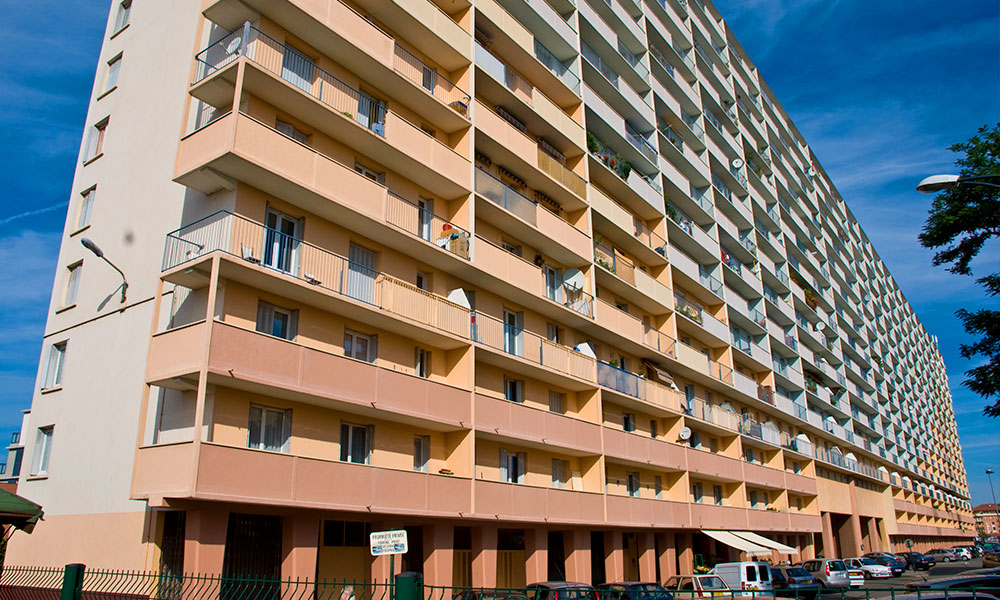 The election of Andres Manuel Lopez Obrador—known by his initials AMLO—as Mexico's next president is being hailed as historic, marking the first time a candidate of the left has had his victory honored. He is pledging a new, demilitarized approach to ending the endemic narco-violence. And his newly named interior minister is a vocal supporter of cannabis legalization. Will a day-lightened cannabis sector provide a way out of Mexico's long crisis?
The election of Andres Manuel Lopez Obrador—known by his initials AMLO—as Mexico's next president is being hailed as historic, marking the first time a candidate of the left has had his victory honored. He is pledging a new, demilitarized approach to ending the endemic narco-violence. And his newly named interior minister is a vocal supporter of cannabis legalization. Will a day-lightened cannabis sector provide a way out of Mexico's long crisis?

 In another sign of turning tides, a prestigious British think-tank once beloved of Margaret Thatcher has called on the government to legalize cannabis. The breakthrough report finds that a legal cannabis industry could raise £1 billion per year in tax revenues for the United Kingdom, while undercutting the black market.
In another sign of turning tides, a prestigious British think-tank once beloved of Margaret Thatcher has called on the government to legalize cannabis. The breakthrough report finds that a legal cannabis industry could raise £1 billion per year in tax revenues for the United Kingdom, while undercutting the black market. With Oklahoma’s passage of a medical marijuana law, advocacy organizations say there is now only one state in the entire union without some sort of legal provision for medicinal use of either herbal cannabis or cannabinoid extracts: Idaho. And with a governor's race this year, there may be hope even there. One by one, even the most culturally conservative states are succumbing to the demands of patients and the findings of science to pass laws to allow use of (at least) extracts containing cannabinoids, or (at most) actual herbaceous marijuana, for either medical or "recreational" purposes.
With Oklahoma’s passage of a medical marijuana law, advocacy organizations say there is now only one state in the entire union without some sort of legal provision for medicinal use of either herbal cannabis or cannabinoid extracts: Idaho. And with a governor's race this year, there may be hope even there. One by one, even the most culturally conservative states are succumbing to the demands of patients and the findings of science to pass laws to allow use of (at least) extracts containing cannabinoids, or (at most) actual herbaceous marijuana, for either medical or "recreational" purposes. The first of July opened a new chapter for legal cannabis in two New England states—at least in theory. Vermont's adult use law officially took effect, while Massachusetts was slated to see the first legal adult-use sales. But the Vermont law doesn't allow for commercial sales, and legal sales in Massachusetts remain delayed.
The first of July opened a new chapter for legal cannabis in two New England states—at least in theory. Vermont's adult use law officially took effect, while Massachusetts was slated to see the first legal adult-use sales. But the Vermont law doesn't allow for commercial sales, and legal sales in Massachusetts remain delayed. A figure from the Bay Area cannabis industry was embroiled in America's fast-escalating culture wars when she threatened to call the police on a young Black girl selling water on a San Francisco street. In the outcry, she has stepped down from her own company—and helped draw a line over what behavior is considered acceptable in the cannabis community.
A figure from the Bay Area cannabis industry was embroiled in America's fast-escalating culture wars when she threatened to call the police on a young Black girl selling water on a San Francisco street. In the outcry, she has stepped down from her own company—and helped draw a line over what behavior is considered acceptable in the cannabis community. As Colorado voters go to the polls today to choose gubernatorial candidates, the Democratic favorite is Jared Polis—now a progressive member of Congress and perhaps the foremost cannabis advocate on Capitol Hill. Support from the state's now-formidable cannabis voting bloc could put him on the path to becoming the most herbal-friendly governor in the United States.
As Colorado voters go to the polls today to choose gubernatorial candidates, the Democratic favorite is Jared Polis—now a progressive member of Congress and perhaps the foremost cannabis advocate on Capitol Hill. Support from the state's now-formidable cannabis voting bloc could put him on the path to becoming the most herbal-friendly governor in the United States.
 Under federal regulations, Section 8 housing residents risk losing their homes if they use cannabis. But residents who are also medical marijuana patients have started to stand up and demand their rights. Now, their efforts have seen fruit in legislation on Capitol Hill.
Under federal regulations, Section 8 housing residents risk losing their homes if they use cannabis. But residents who are also medical marijuana patients have started to stand up and demand their rights. Now, their efforts have seen fruit in legislation on Capitol Hill.





Recent comments
2 weeks 1 day ago
2 weeks 1 day ago
5 weeks 2 days ago
6 weeks 1 day ago
10 weeks 1 day ago
14 weeks 4 hours ago
18 weeks 9 hours ago
18 weeks 5 days ago
28 weeks 5 days ago
32 weeks 6 days ago